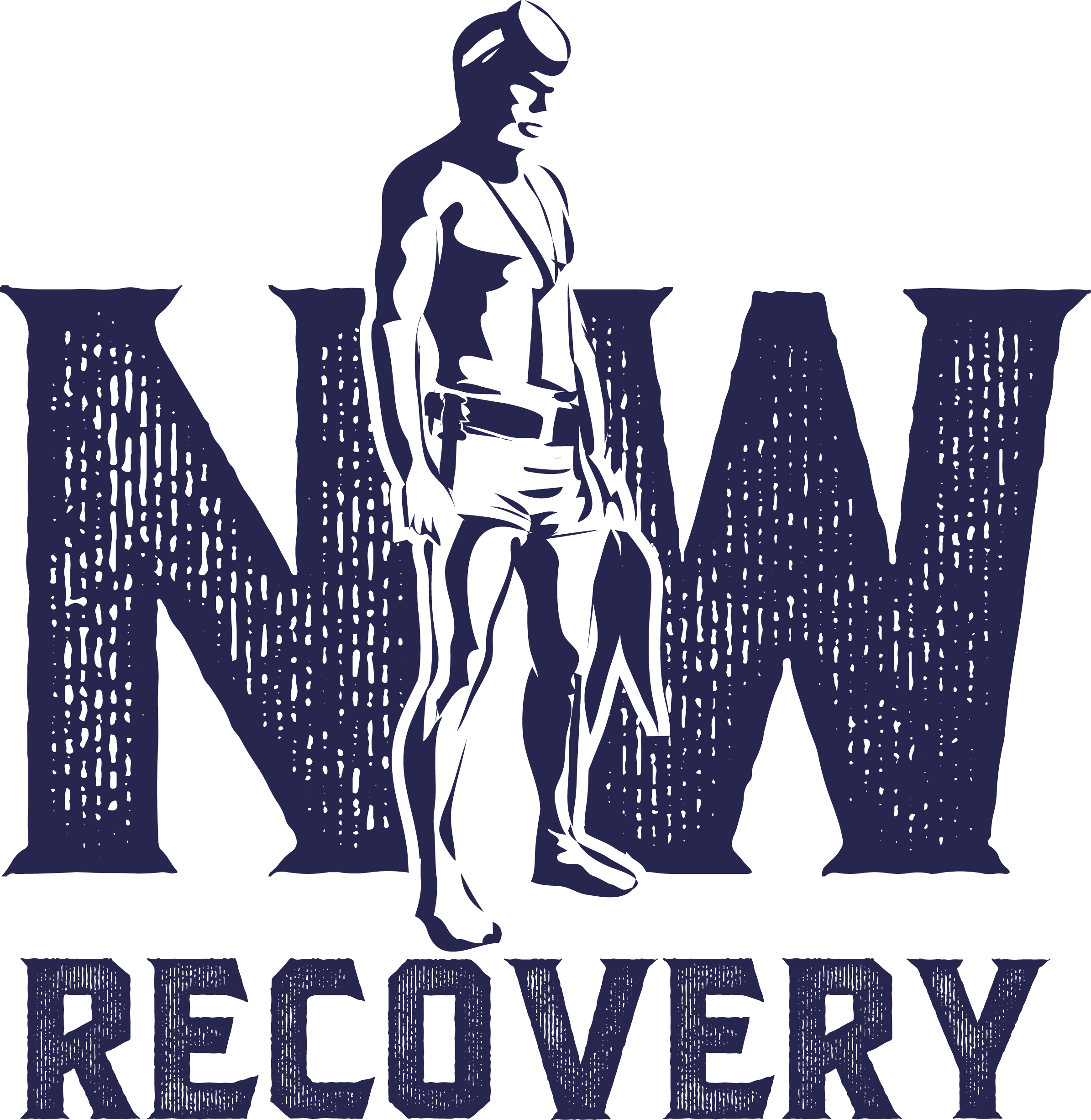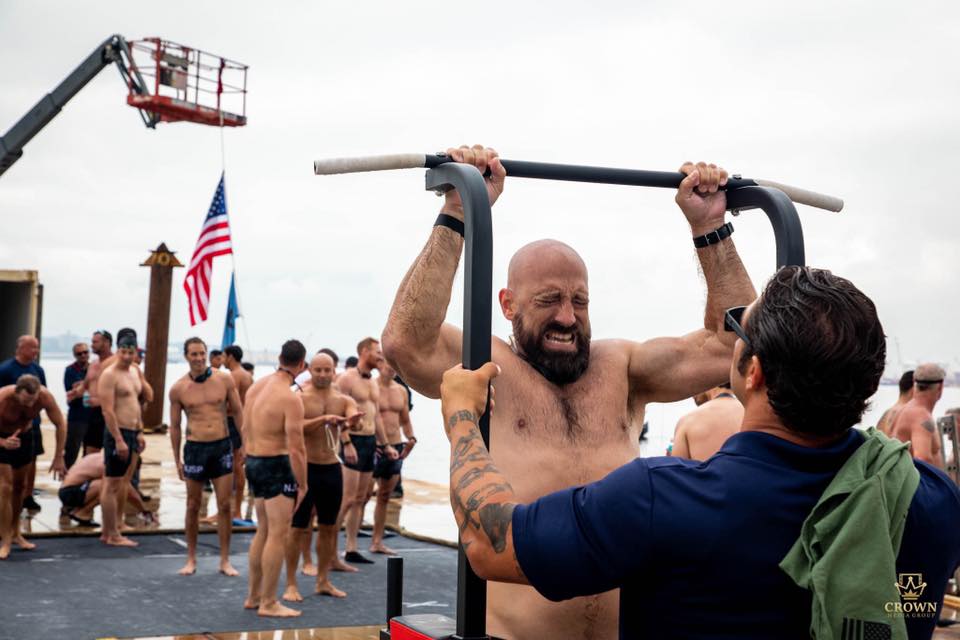In the world of special operations, a cohesive unit like the Navy SEALs thrives on a strong and well-defined culture that is fostered and led by its core leadership. Just as a well-orchestrated operation requires precision and synchrony among its team members, so does the establishment and nurturing of the SEALs’ ethos. And it’s no secret that when leaders fail to lead the culture, they inadvertently relinquish control over their team to someone else, often with undesirable consequences.
The SEALs’ culture is the lifeblood that courses through every mission, training evolution, and daily interaction. It shapes the mindset, values, and behaviors of each member, ensuring they remain united in purpose and commitment. When leaders are actively engaged in driving and exemplifying this culture, the team benefits from clarity, unity, and a shared sense of purpose. However, when leaders neglect this responsibility, the organization becomes vulnerable to internal fissures that can have far-reaching effects.
Within the SEAL teams, the culture is a tapestry woven with courage, integrity, resilience, and unwavering dedication to our creed and ethos. These core values are non-negotiable, and leaders play a pivotal role in upholding and reinforcing them. They lead by example, demonstrating the highest standards of performance, conduct, and unwavering commitment to the SEALs’ mission.
However, when leaders fail to actively cultivate culture, a power vacuum emerges, and others will naturally step in to fill that void. It is not uncommon for influential individuals, driven by their personal agendas, to exploit this vacuum and create subcultures that don’t necessarily align with the organization’s objectives or values. They may possess charisma or expertise in specific areas, which attracts followers and grants them an informal leadership role.
Unfortunately, these subcultures can be counterproductive or even detrimental to the overall mission and the team’s long-term success. Their influence can erode the fabric of the SEALs’ identity, leading to a fragmented and disjointed unit instead of a cohesive force.
The consequences of leaders not actively leading the culture can be profound:
- Loss of Direction: Without a clear and consistent cultural framework, team members may lose sight of the organization’s purpose and goals. Conflicting values and priorities can lead to disarray and confusion, causing the team to drift away from its intended course.
- Erosion of Trust: A cohesive culture fosters trust among team members. When that culture is not actively promoted, trust can erode as factions form, and communication breaks down. A lack of trust hampers collaboration and cohesion within the team.
- Ineffective Decision-Making: In the absence of a shared cultural compass, decision-making becomes decentralized and erratic. Decisions may be influenced by personal agendas or rivalries, leading to suboptimal choices that compromise the team’s effectiveness.
- Diminished Morale: The SEALs are known for their esprit de corps, which bolsters morale and mental resilience. When culture is left unattended, morale suffers, and team members may become disengaged, affecting overall performance and mission success.
- Loss of Elite Status: The SEALs’ reputation as an elite force is rooted in their exceptional training, unparalleled teamwork, and a shared cultural identity. If the culture is allowed to fragment, the team’s status as an elite unit can be compromised, tarnishing its legacy and standing among other special operations forces.
As a SEAL, I’ve witnessed firsthand how a cohesive culture, under the guidance of effective leadership, can elevate a team to accomplish seemingly impossible missions. It is the responsibility of leaders to be the vanguards of the team’s culture, exemplifying the values they wish to see in every member. Only then can they ensure that the right influences shape the destiny of the organization, and the team remains an indomitable force, capable of overcoming any challenge that comes their way.
Effective leaders must be proactive in nurturing the culture by fostering an environment where the team’s values are not just espoused but deeply ingrained in the day-to-day operations. They must actively promote open communication, transparency, and accountability, ensuring that everyone feels heard, valued, and responsible for upholding the team’s identity.
By leading the culture, leaders inspire a sense of pride and ownership among the team members. Each SEAL feels like an integral part of something greater than themselves, fueling their commitment to the mission and the welfare of their brothers. This shared sense of purpose becomes a driving force that pushes the team to persevere even in the face of adversity.
Furthermore, a strong cultural foundation empowers leaders to address challenges proactively and resolve conflicts before they escalate. The alignment of values and objectives helps leaders make difficult decisions based on what is best for the team and the mission, rather than being swayed by competing interests.
To maintain influence and control over their team, leaders must remain vigilant in preserving and evolving the culture over time. They must continuously adapt to meet the ever-changing demands of their missions and the dynamic landscape of modern warfare. This involves embracing new ideas while preserving the timeless principles that have guided the SEALs for generations.
Leaders who neglect to lead the culture of their organization risk losing influence and control over their team. The absence of strong leadership-driven culture creates a void that others will inevitably fill, and these influencers may not align with the team’s best interests. The consequences are manifold, ranging from a loss of direction and trust to diminished morale and mission effectiveness, as well as a loss in profitability. Conversely, leaders who actively lead the culture by exemplifying values, fostering unity, and promoting open communication can fortify their team’s cohesion, ensuring they remain an elite and formidable force capable of surmounting any challenge that comes their way.






